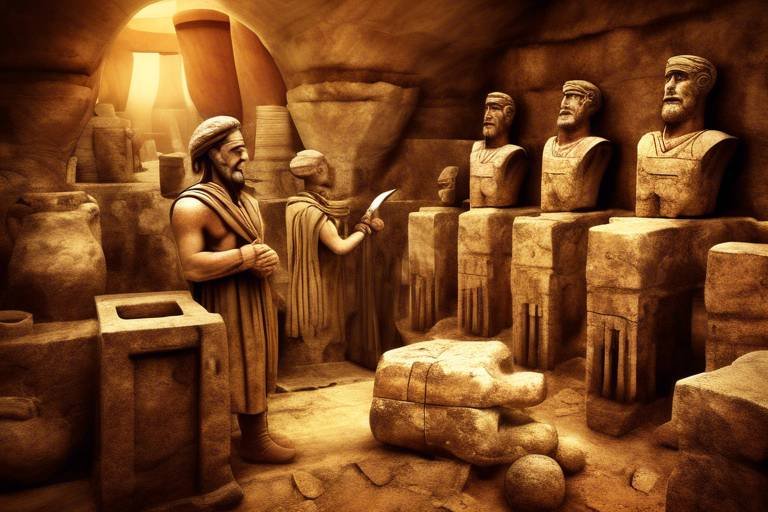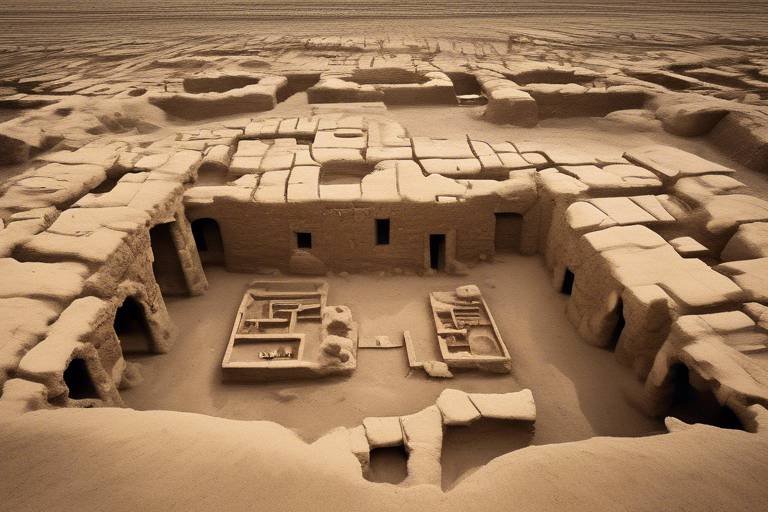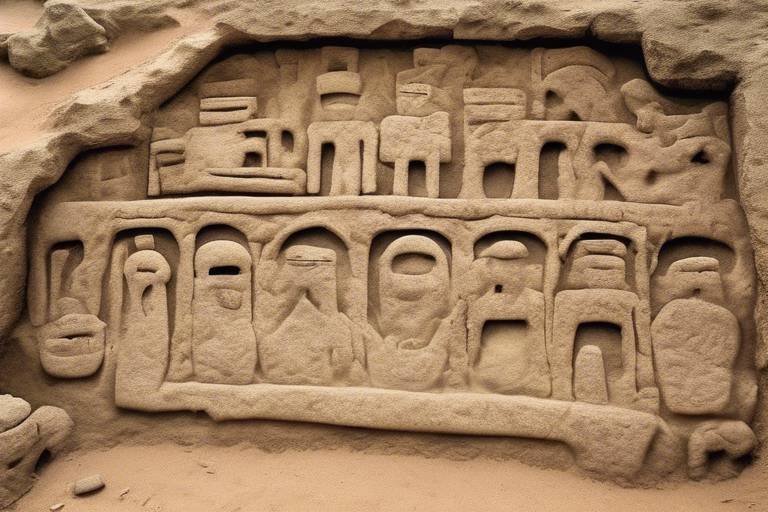The Impact of Citizen Science on Archaeological Research
Citizen science has revolutionized archaeological research by engaging the public in data collection, analysis, and interpretation. This collaborative approach fosters community involvement, accelerates research progress, and promotes a broader understanding of cultural heritage.

Increased Data Collection
Citizen science has revolutionized archaeological research by engaging the public in data collection, analysis, and interpretation. This collaborative approach fosters community involvement, accelerates research progress, and promotes a broader understanding of cultural heritage.
When it comes to archaeological research, the more data, the better. Citizen science initiatives play a crucial role in enabling a larger volume of archaeological data to be collected from diverse locations. This increased data collection enhances the scope and depth of research projects, providing valuable insights that professionals may not have access to otherwise.
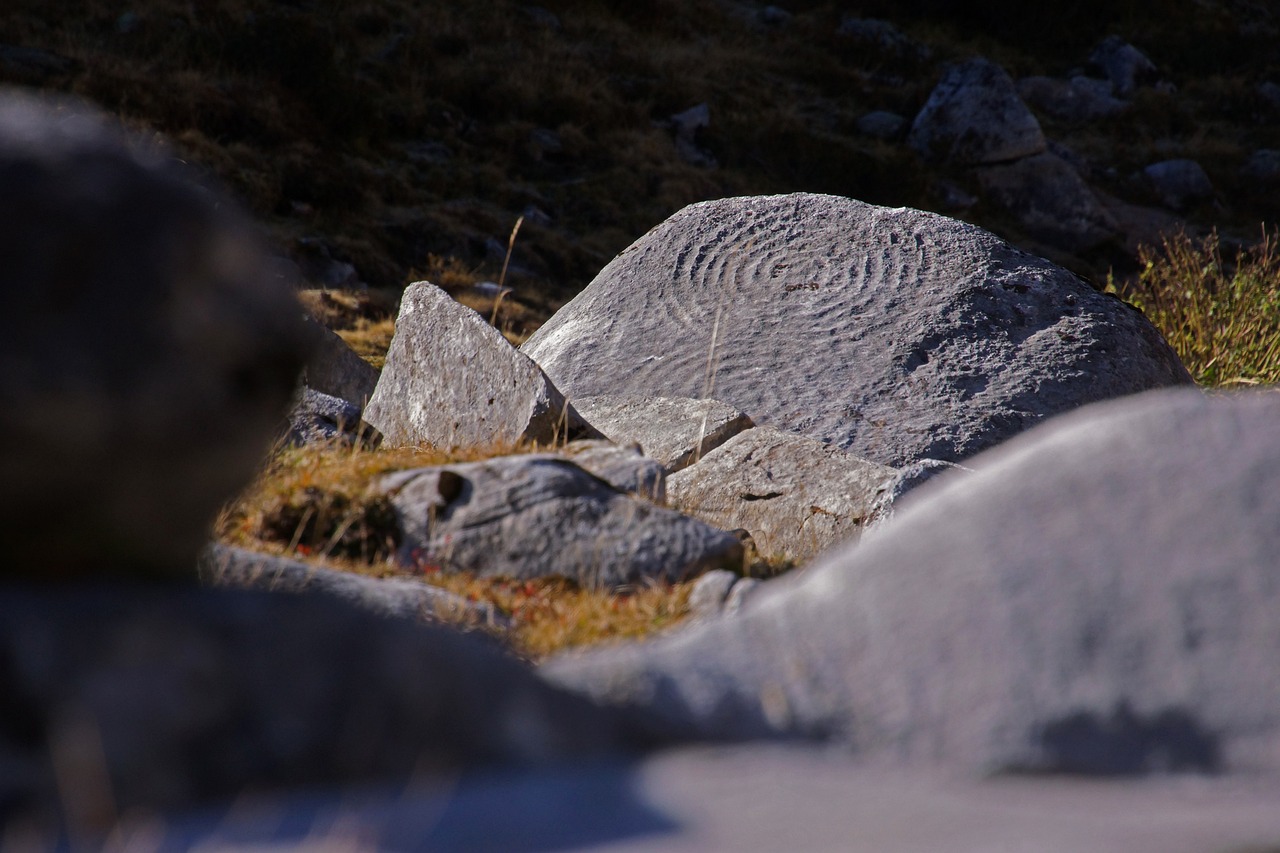
Community Engagement
Citizen science initiatives in archaeology go beyond mere data collection; they foster a sense of community engagement that is vital for the preservation of cultural heritage. By involving the public in research activities, these projects create a shared responsibility towards our collective past. Imagine a virtual archaeological dig where individuals from different backgrounds come together, not only to uncover ancient artifacts but to connect with history on a personal level. This engagement transcends passive observation, turning spectators into active participants in the exploration of our shared heritage.

Enhanced Research Accessibility
Enhanced research accessibility is a key benefit of citizen science in archaeological research. By involving the general public in scientific endeavors, citizen science projects break down traditional barriers to participation, making research more inclusive and democratized. This inclusivity allows individuals from diverse backgrounds to actively contribute to archaeological studies, enriching the field with a wide range of perspectives and insights.
Moreover, citizen science initiatives provide opportunities for volunteers to engage directly with archaeological research, offering hands-on experiences that promote a deeper understanding of scientific methodologies and cultural heritage preservation. Through active participation in data collection and analysis, volunteers not only contribute to research progress but also gain valuable knowledge and skills in the field of archaeology.
Additionally, the collaborative nature of citizen science fosters a sense of community and shared ownership of archaeological projects. By involving citizens in research activities, these initiatives promote public awareness and appreciation of the importance of archaeology and cultural heritage conservation. This increased awareness leads to a greater understanding of the significance of archaeological discoveries and their relevance to society.
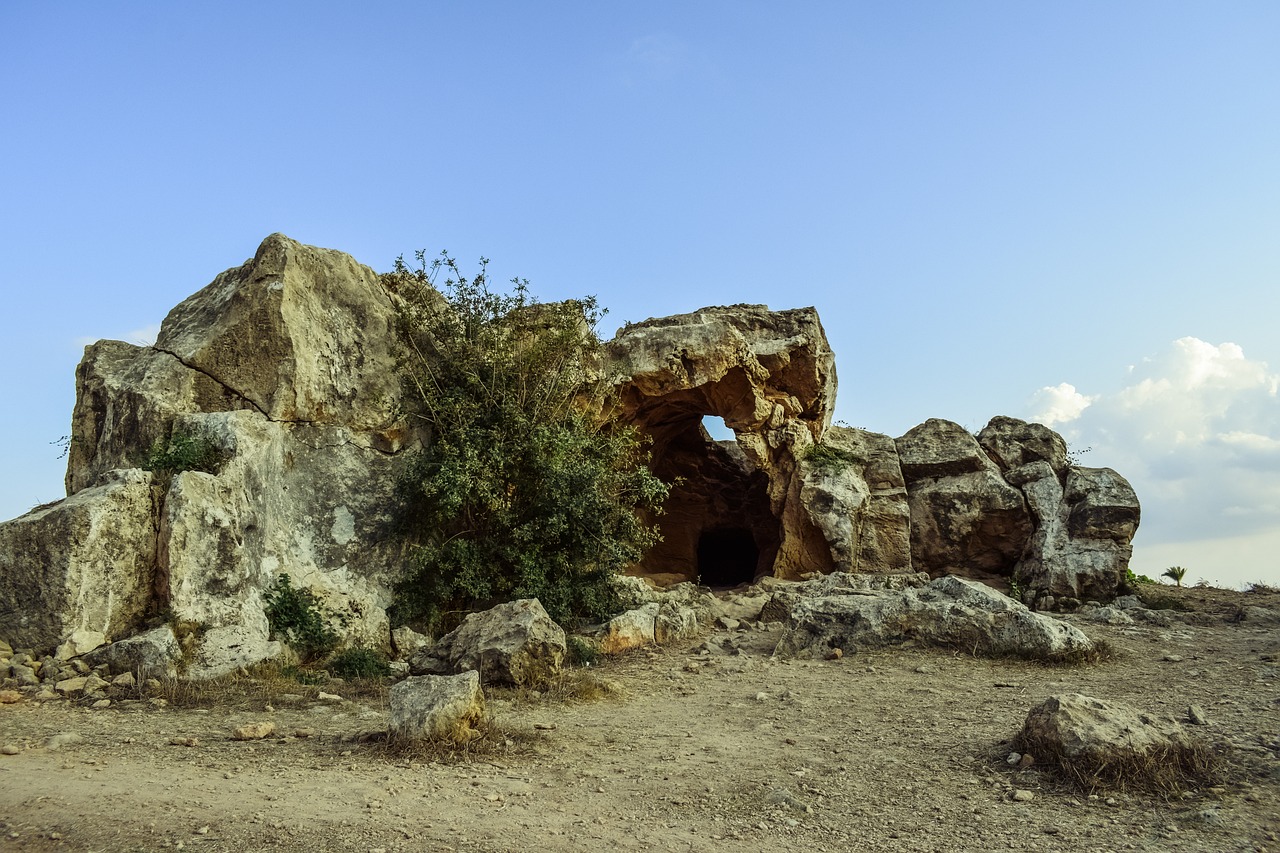
Innovative Technology Integration
Citizen science initiatives in archaeology have embraced innovative technology integration, revolutionizing the way data is collected and analyzed in research projects. By leveraging digital tools and platforms, these initiatives introduce cutting-edge methods that enhance the efficiency and accuracy of archaeological investigations. Technology not only accelerates the research process but also enables a more comprehensive understanding of cultural heritage.
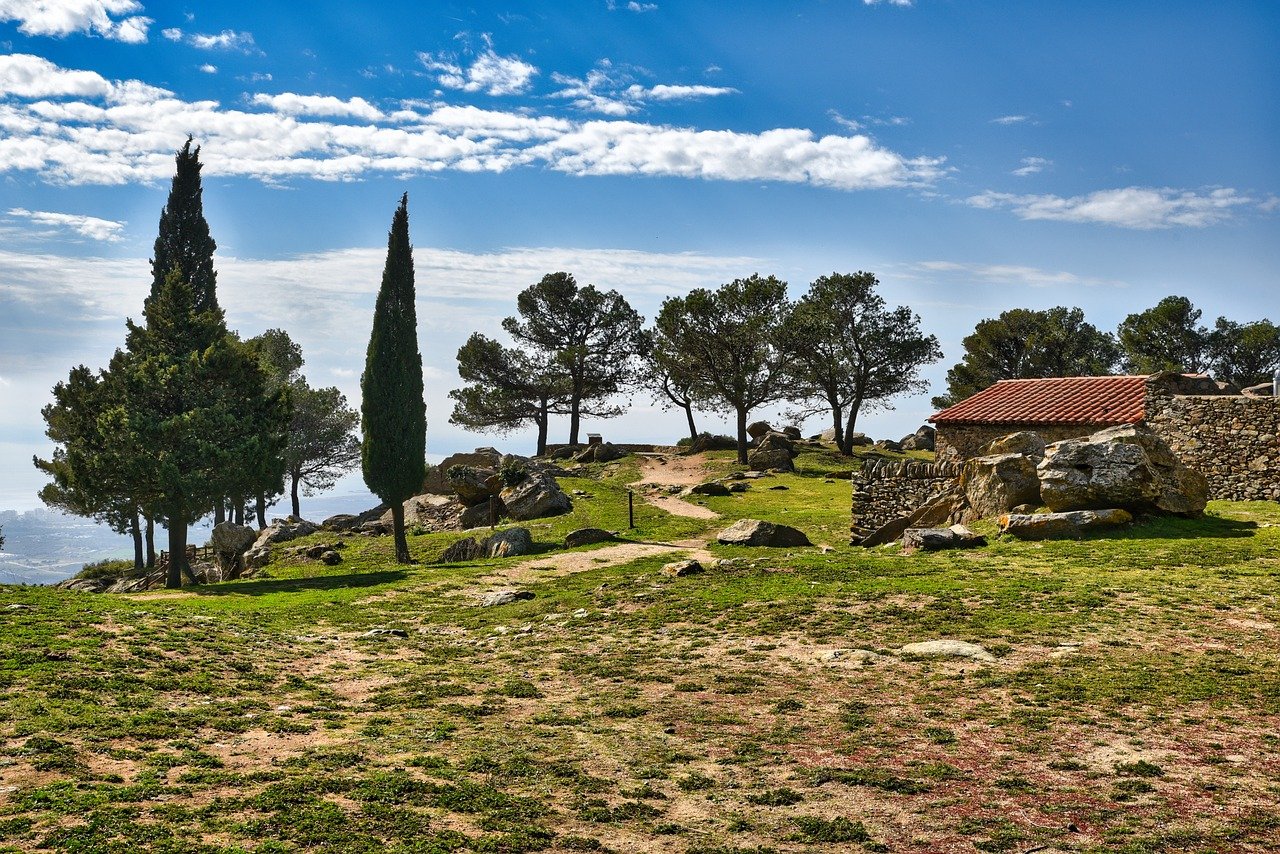
Educational Opportunities
Participating in citizen science projects offers a unique educational experience that goes beyond traditional classroom settings. By actively engaging in archaeological research, volunteers have the opportunity to immerse themselves in hands-on learning activities that deepen their understanding of the past. Through collaboration with professionals, volunteers gain valuable insights into research methodologies and the significance of cultural heritage preservation.
Furthermore, citizen science initiatives provide a platform for individuals to explore the intricacies of archaeology in a practical manner. Volunteers not only contribute to data collection and analysis but also learn about the complexities of archaeological interpretation. This interactive approach to learning fosters a deeper appreciation for the historical significance of archaeological discoveries and the importance of preserving cultural heritage sites.
Moreover, by participating in citizen science projects, volunteers develop critical thinking skills and enhance their problem-solving abilities. Engaging in real-world research challenges individuals to think analytically and creatively, honing their cognitive skills in a dynamic environment. This hands-on experience cultivates a sense of curiosity and exploration, encouraging lifelong learning and a passion for discovery.
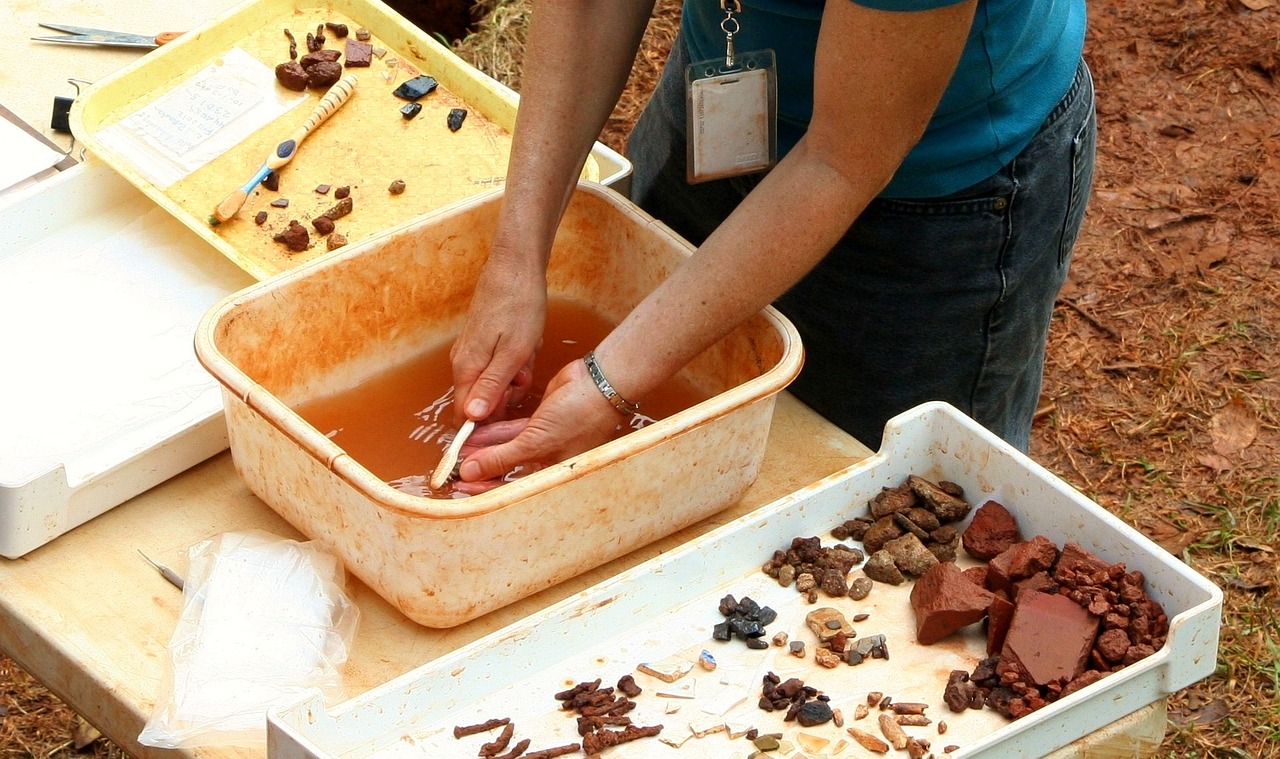
Public Outreach and Awareness
Citizen science initiatives play a crucial role in enhancing public outreach and awareness regarding archaeology and cultural heritage conservation. By involving the community in research activities, these projects serve as powerful educational tools, fostering a deeper understanding of the past and its significance in the present. Through hands-on participation, volunteers not only contribute to scientific endeavors but also develop a personal connection to archaeological sites and artifacts.
One of the key aspects of public outreach through citizen science is the promotion of archaeological awareness among individuals of all backgrounds. By breaking down barriers to participation and inviting people to actively engage in research, these initiatives encourage a sense of curiosity and appreciation for cultural heritage. This inclusive approach allows diverse communities to come together in a shared effort to preserve and understand the archaeological record.
Moreover, citizen science projects serve as platforms for knowledge exchange and collaboration between researchers and volunteers. By involving the public in data collection and analysis, these initiatives create opportunities for dialogue and the sharing of insights. This collaborative process not only enriches the research outcomes but also empowers individuals to become advocates for the protection and conservation of archaeological resources.
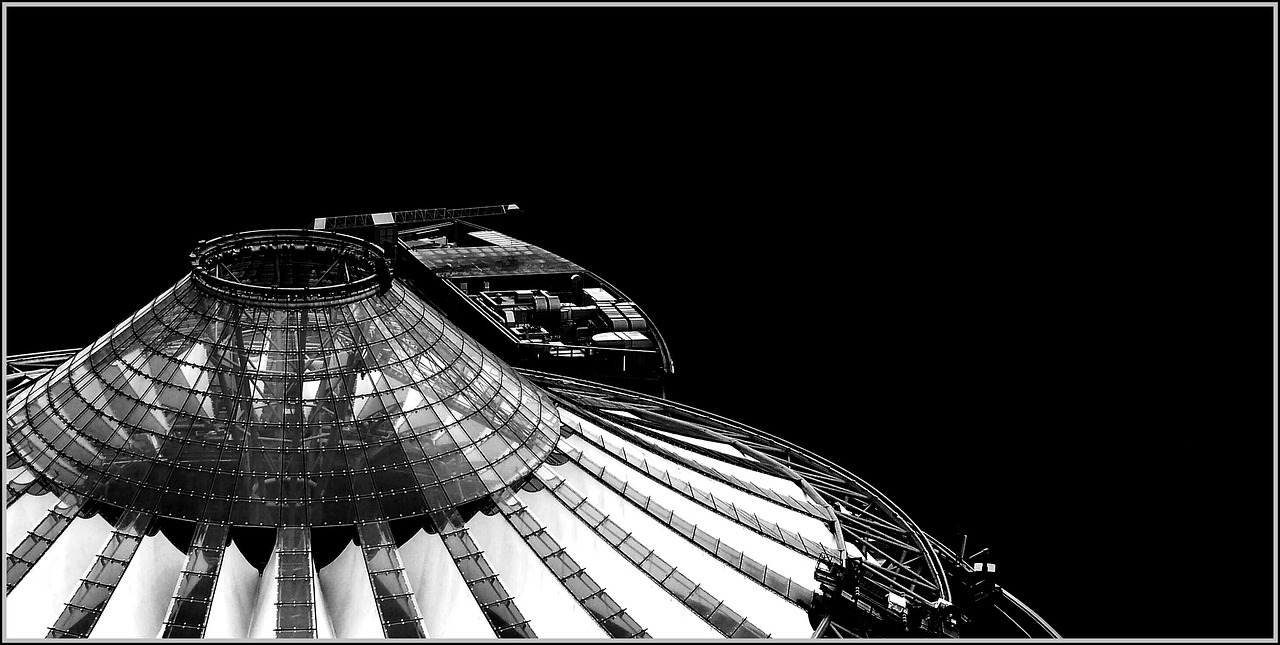
Collaborative Data Analysis
Citizen science has revolutionized archaeological research by engaging the public in data collection, analysis, and interpretation. This collaborative approach fosters community involvement, accelerates research progress, and promotes a broader understanding of cultural heritage.
Collaborative data analysis in citizen science projects is a dynamic process that brings together researchers and volunteers to examine archaeological data from various perspectives. By combining professional expertise with community insights, these initiatives generate comprehensive interpretations that enrich the overall research outcomes.
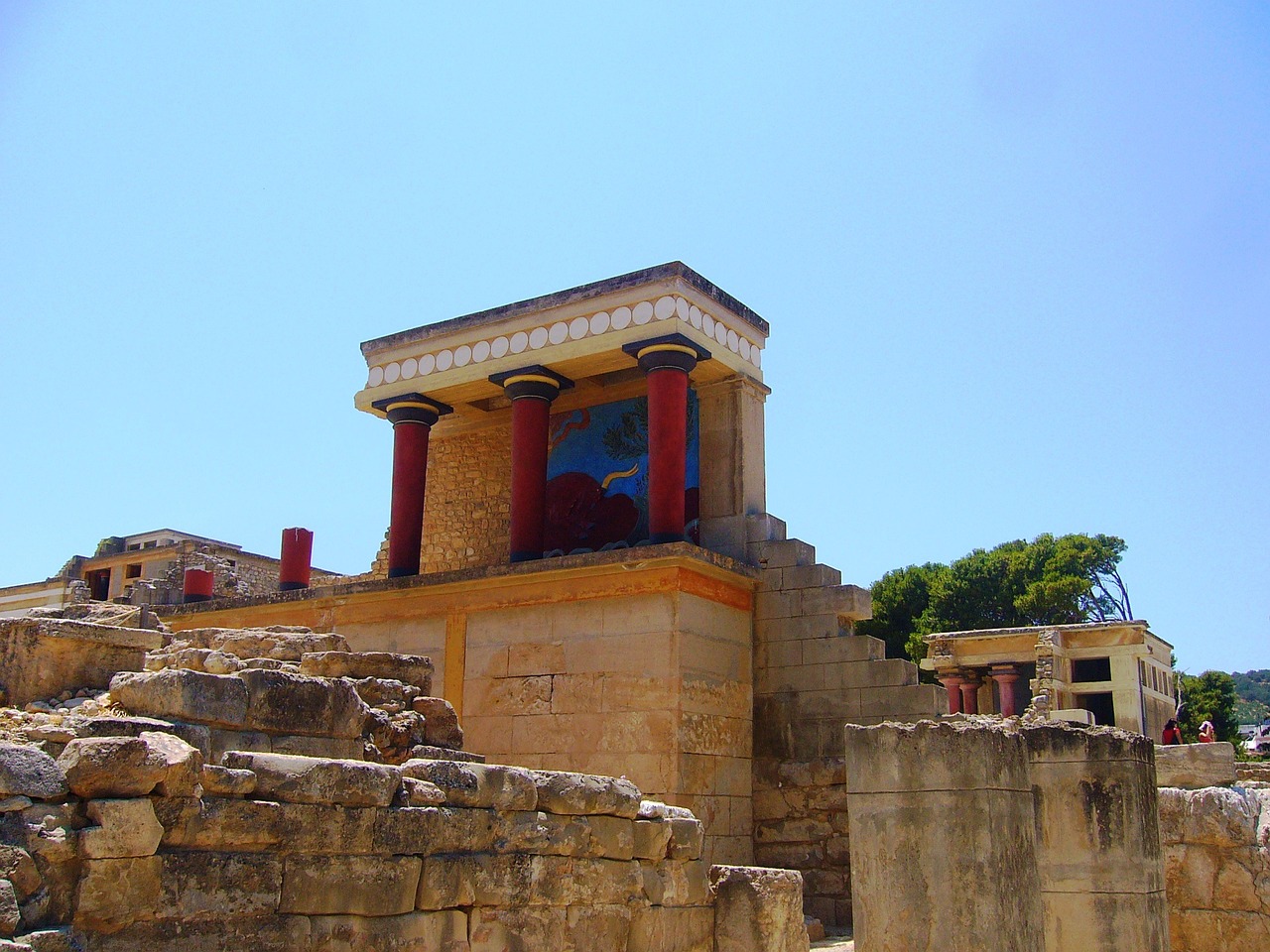
Preservation and Conservation Efforts
Engaging citizens in archaeological research encourages active involvement in the preservation and conservation of cultural heritage sites. By fostering a sense of stewardship, citizen science contributes to the protection of archaeological resources for future generations. This collaborative approach not only increases awareness about the importance of safeguarding historical sites but also instills a sense of responsibility in individuals to ensure their long-term sustainability.
Frequently Asked Questions
- What is citizen science in archaeology?
Citizen science in archaeology involves the participation of volunteers from the public in various research activities such as data collection, analysis, and interpretation. This collaborative approach allows individuals to contribute to scientific endeavors and cultural heritage preservation.
- How can I get involved in citizen science projects related to archaeology?
You can get involved in citizen science projects related to archaeology by joining online platforms or organizations that facilitate such initiatives. These platforms offer opportunities for volunteers to participate in research activities, contribute data, and engage with archaeological projects.
- What are the benefits of participating in citizen science projects for archaeological research?
Participating in citizen science projects for archaeological research provides benefits such as hands-on learning experiences, increased public awareness, community engagement, and the opportunity to contribute to the preservation of cultural heritage sites. Volunteers also gain insights into research methodologies and the significance of archaeological discoveries.
- Do I need to have a background in archaeology to participate in citizen science projects?
No, you do not need to have a background in archaeology to participate in citizen science projects. These initiatives are designed to be inclusive and accessible to individuals from diverse backgrounds and levels of expertise. Volunteers receive guidance and support to contribute meaningfully to research activities.








